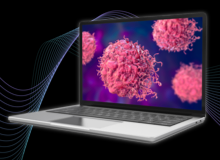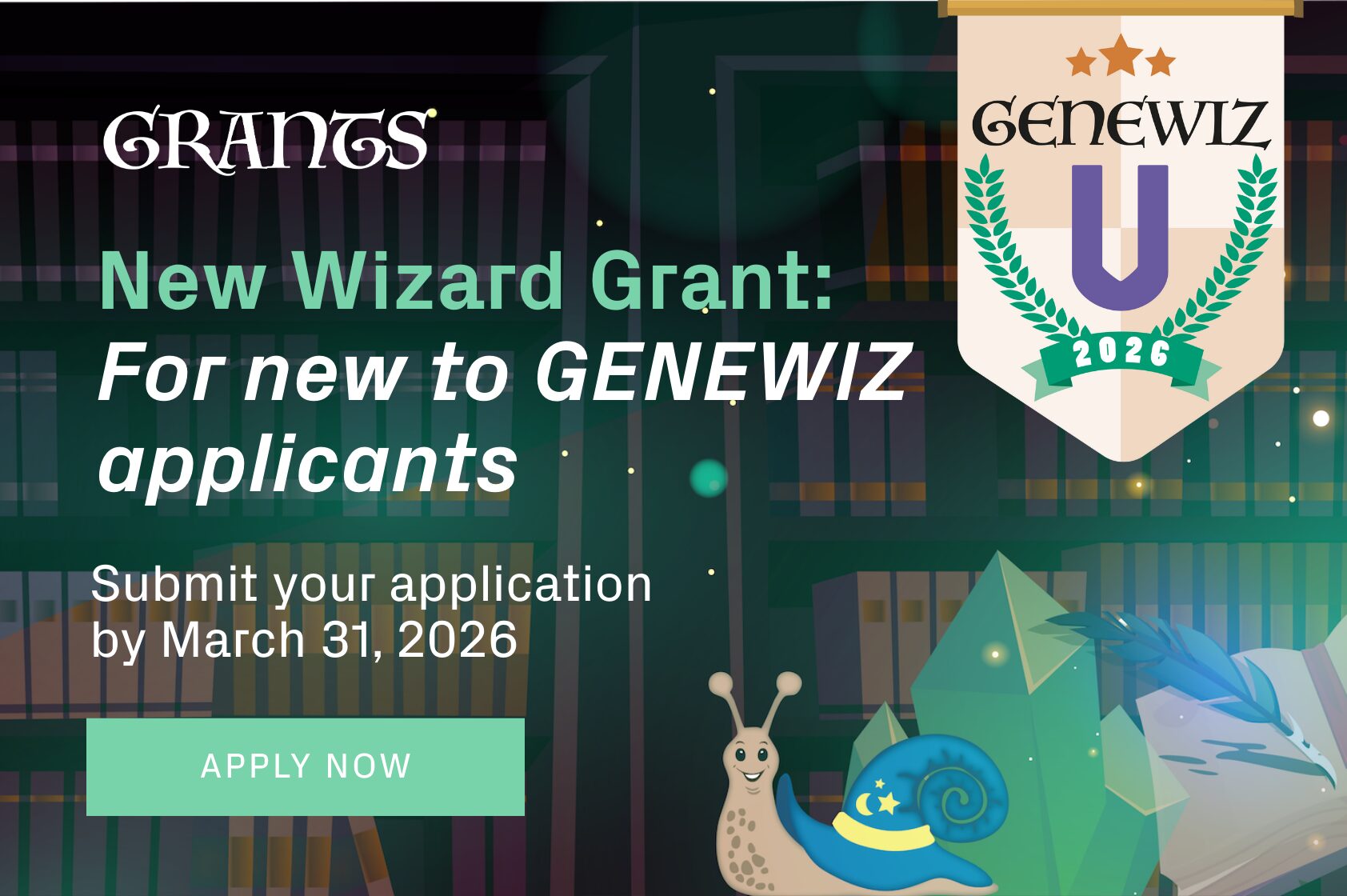Whole Exome Sequencing
Whole exome sequencing (WES) investigates genetic variations of underlying diseases such as cancers, Mendelian diseases, and complex human disorders. This method targets protein-coding regions responsible for disease-related variants, providing a more cost-effective approach than whole genome sequencing (WGS). It works by using capture probes (synthesized oligonucleotides) or baits designed to specifically hybridize the exons (coding portions of genes), rather than enriching all the genomic DNA. Library preparation comes next, wherein sequencing adapters are added to the enriched protein-coding DNA fragments and sequenced via high-throughput sequencing, often next generation sequencing (NGS).
We offer customizable human and mouse WES solutions at the research-use only (RUO) level and clinical whole exome sequencing solutions in our CLIA-certified and CAP-accredited lab.
Exome Sequencing Service
-
Exome Sequencing for Research Use Only
Our research-grade service provides customizable solutions for human and mouse exome sequencing. Flexible service packages are available to meet your budget and deadline requirements.
-
Clinical Exome Sequencing
Our clinical workflows are performed in a CLIA-certified lab by CLIA-trained personnel on CLIA-qualified equipment. Receive the highest level of regulatory compliance with our CLIA-validated clinical exome sequencing assay.
Features & Benefits
-
50x coverage (~5 Gb output)
Germline variant discovery
Uncovering disease-associated genotypes -
100x coverage (~10 Gb output)
Somatic mutation discovery
Tumor/normal sequencing -
≥200x coverage (20+ Gb output)
Low frequency mutation detection
Measuring tumor mutational burden (TMB)
-
Superior data quality with a guarantee of ≥80% bases with ≥Q30 for 2×150 bp sequencing (>90% on average)
-
Multiple capture technologies available including Twist Human Comprehensive Exome
-
In-house pipeline for optional Sanger-based confirmatory sequencing of final targets utilizing your NGS samples
-
Dedicated support from Ph.D.-level project managers at every step including post-delivery support
-
Complete sample-to-analysis solutions including flexible extraction and data analysis options available
GENEWIZ Single Cell Sequencing Workflow
-
1. Hybridization Capture
Fragment gDNA, bind probes to exons, and pull down
-
2. Library Preparation
Add adapters to exon-enriched DNA
-
3. Sequencing
Sequence 2×150 bp on Illumina® platform
-
4. Data Analysis
Identify SNVs, INDELs, gene fusions, and CNVs
Technical Resources
-
Technical Specifications
-
Example Data
-
Sample Submission Guidelines
-
Frequently Asked Questions
-
Data Quality
-

Webinar | Non-Classical Sources of Tumour-Specific Antigen in Checkpoint Inhibitor Response
RNA sequencing is a powerful tool to help researchers reveal novel biological insights into the transcriptome. This eBook explores the fundamentals of this popular NGS technique, including the complete experimental process, step-by-step bioinformatics analysis, and tips to help you achieve the best results for your RNA-Seq experiment.
NGS Platforms
For information on our NGS platforms as well as recommended configurations of your projects, please visit the NGS Platforms page. GENEWIZ does not guarantee data output or quality for sequencing-only projects.





